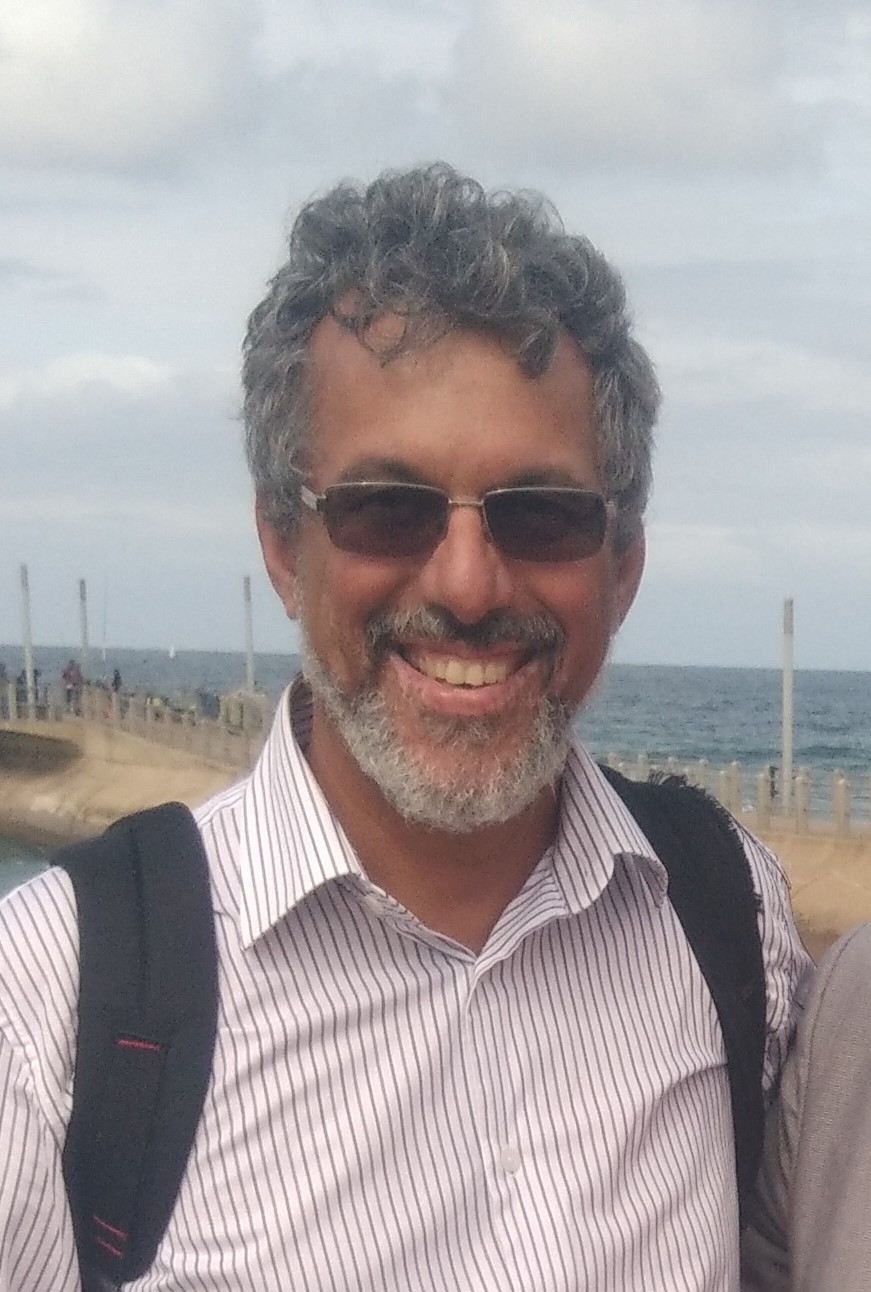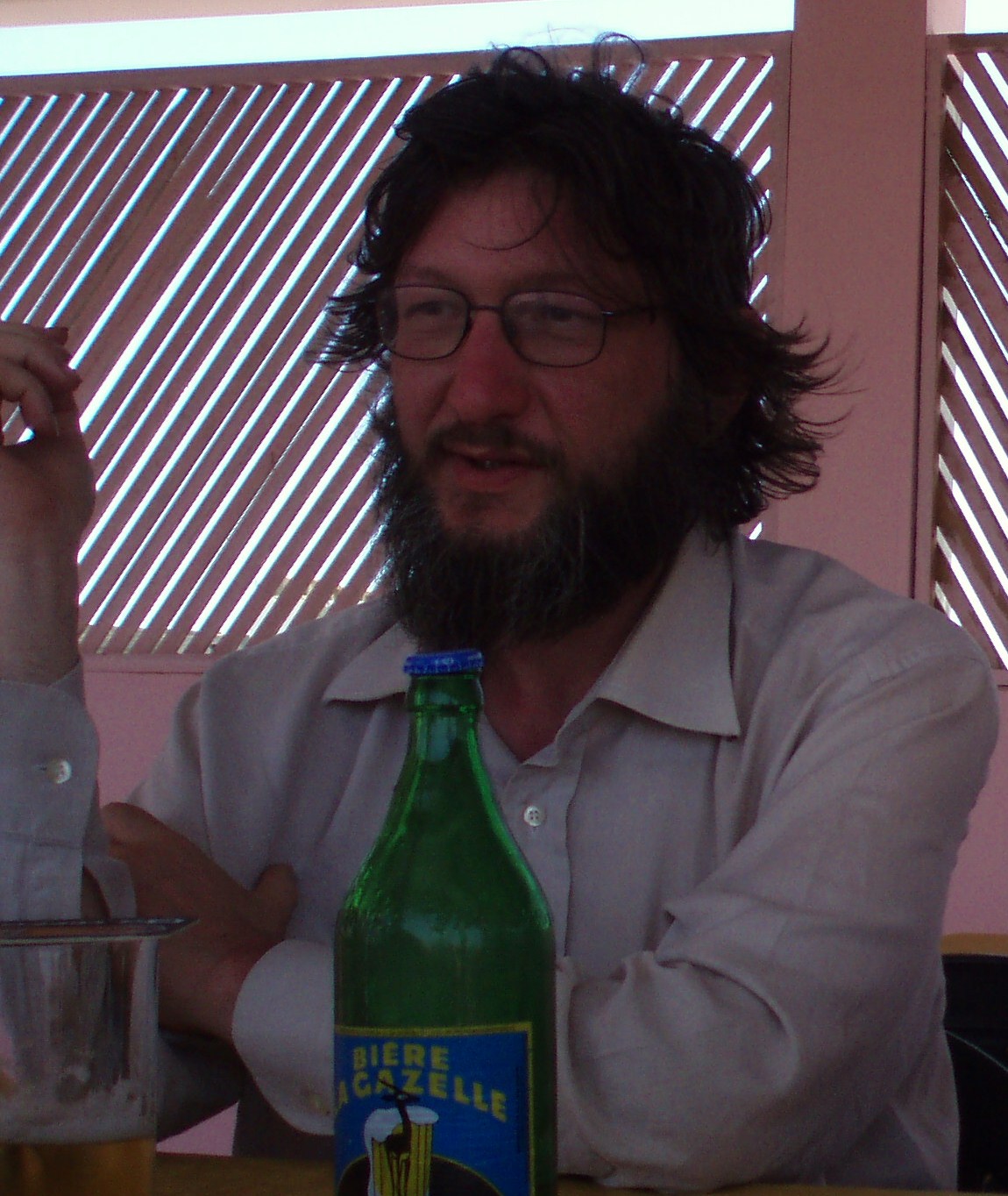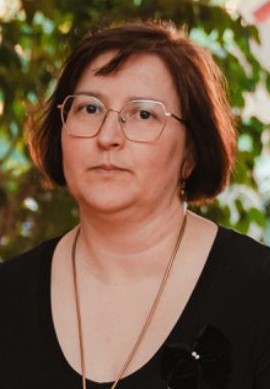



Provide a solid scientific, technological and social learning, supported by a programme and courses that includes contact with real situations and laboratories experiences. This cycle of studies is based on the development of a diverse set of skills and competencies that permits excellent career opportunities and pursue postgraduate studies.
DGES Registration No.: R/A - Ef 657/2011
ECTS: 120
Location: Tomar, Mação.
Process No.: PERA/2021/0220577
Accreditation Term: 4 anos
Publication Date: 23/06/2023
A3ES Deliberation
This course of study includes:
- A master's program organised into course units corresponding to 80 ECTS credits;
- A final dissertation worth 40 ECTS credits;
This master's degree was designed so as to develop competencies in the following technical-scientific areas: Prehistory (6 compulsory ECTS and up to optional 18 ECTS), Quaternary Geology (6 compulsory ECTS and up to18 optional ECTS), Palaeoanthropology (6 compulsory ECTS and up to 18 optional ECTS), Methods and Techniques (6 compulsory ECTS and up to 18 optional ECTS), Museography and Didactics (6 compulsory ECTS and up to 18 optional ECTS), field and laboratory work (8 ECTS) e optional credits to be obtained in congress projects, publications and others (up to 9 ECTS). The minimum amount of ECTS credits required in taught modules is 63 and the maximum is 72.
Holders of the master's degree in Prehistoric Archaeology and Rock Art are prepared to perform
· Public Sector:
- Municipal Archaeologists;
- Central government (DGPC and attached services);
- Museums;
- Heritage and tourism management services;
· Private Sector:
- Organisations engaged in archaeological activities;
- Organisations engaged in cultural and tourism activities;
- Land management providers.
· Education:
- Higher polytechnic education;
- University education;
- Professional training in archaeology, cultural heritage and rock art.
· International labour market:
- Higher education;
- Museums;
- Government services;
- Professional training;
- Consultancy.
Instituto Politécnico de Tomar
(Erasmus Mundus Joint Master Degree - Programme Erasmus+ with the support of European Comission)
Master Course integrates European Erasmus Mundus Joint Master Degree in Quaternary and Prehistory, allowing students to undertake 30% of the course in other universities of the network, obtaining in the end, Erasmus Mundus European Diploma, issued by IPT, University of Ferrara (Italy), National Museum of Natural History (France) and University of Tarragona (Spain). Master Course takes mainly place in Mação, with optional modules in Tomar. In research plan it is linked to Geosciences Centre of University of Coimbra.
Directive Comission: Prof. Dr. Luíz Oosterbeek (Director), Prof. Dr. Pierluigi Rosina, Prof. Dr. Silvério Figueiredo.
Other Teachers: Prof. Drs. Davide Delfino, Eugénia Cunha, Fernando Coimbra, George Nash, Hermínia Sol, Hipolito Collado, Luís Mota Figueira, Luís Santos, Silvério Figueiredo, Stefano Grimaldi, Sara Cura, Fernando Costa.
Visiting Teachers: Prof. Drs. André Soares, Carlo Peretto, Chris Scarre, Dragos Gheorgiu, Érika Róbrhan-Gonzalez, François Djindjian, François Sémah, Moustapha Sall, Robert Sala, Ziva Domingos.
Candidates must send course admission requirement, together with Curriculum Vitae, letter directed to Master Director, justifying their interest in the course and referring intended area of specialization (your may refer eventual Master Thesis theme), copy of competence certificate/Diploma, Identity Card /Passport and VAT number, and Application Form.
Candidates that are graduating in this academic year, may apply conditionally.
Applications must be sent within defined dates to:
Secretariado do Mestrado em Arqueologia Pré-Histórica e Arte Rupestre
Instituto Politécnico de Tomar
Quinta do Contador - Estrada da Serra
2300-313 Tomar - Portugal
Tel. (+351) 249 346 363 / Fax. (+351) 249 346 366
Email: mestrados.gri@ipt.pt
Admission conditions: Graduated in Archaeology, History, Anthropology, Biology, Geology and other graduations in the area of Human Sciences, Earth and Life. Candidates from other scientific areas, may be admmited after curricular analysis. Graduating finalists 2017/2018, with the prevision of graduation until December 2018, may apply conditionally. Selected candidates, with more than 180 ECTS, may request equivalence to academic part of Master Course.
Selection of Candidates: is made by Directive Comission of Master Course, based on criteria bellow, which are identical to those defined by the European Erasmus Mundus Joint Master Degree:
a) Previous graduations (until 25 points)
b) Motivation Letter (until 15 points)
c) Proficiency of english and french language (until 10 points)
d)Proficiency on other languages, beside portuguese language (until 5 points)
e)Certified previous experience in Archaeology (until 25 points)
f) Publications and comunications in congresses (documented) (until 10 points)
g) Recomendation letters (maximum two) (until 10 points)
Candidates may be submitted to an interview, whenever Directive Comission consider it is necessary.
Key areas of specialization: Prehistoric Archaeology, Rock Art, Prehistoric Technologies (lithics, ceramic, mettalurgy, experimental archaeology), Latin America Archaeology, Geoarcheology, African Archaeology, Archaeometry, Archeobotany, Zooarcheology, Museography and Didactics (Collaboration with International HERITY), (other specialisations within Erasmus Mundus network).
Training and investigation scholarships and professional iniciation internships:
- Erasmus Mundus scholarships for students from outside European Union
- Erasmus Mundus scholarships for european students
- Erasmus+ mobility scholarships for frequency of part of the course, in other institution of Erasmus Mundus Joint Master Degree Quaternary and Prehistory
- Scholarships and training within investigation projects in Portugal, Spain, France, Italy, Philippines and Brazil (applications after students selection - financed projects by FCT and European Comission)
- Professional Integration interships in Europe, Africa, Latin America and Asia.
Employability of former graduates: 93% (>60% working in Archaeology; >42% accepted in Doctorates).
Location: Master Course takes mainly place in Mação, with optional modules in Tomar.
Regime: Attendance.
Fee:
Admmited students with Erasmus+ or equivalent scholarship: 3000,00€ (1500,00/year)
Admmited students without scholarship: 2100,00€ (1050,00/year)
Inscription: 150,00€
Annual School insurance: 2,00 euros
Registration (2nd phase) - 11th and 12th October 2018 (extended dealine until 16th October, for foreign students waiting for VISA): at IPT Academic Services, and the following documentation is required: cIdentity Card /Passport and VAT number, 2 small photos, copy of vaccination bulletin (with tetanus updated), and filled application form (provided by Academic Services). Students must pay inscripton (150,00 euros) and annual school insurance (2,00 euros).
Classes begining: October 2018.
Organisation:
Master in Prehistoric Archeology and Rock Art 2018/2019 (calendar to be available)
Erasmus Mundus Joint Master Degree in "Quaternary and Prehistory": Site of Universitá degli Studi di Ferrara (Itália)
Centro de Geociências: http://portal2.ipt.pt/pt/ipt/servicos_especializados/centro_de_geociencias
Publication in the Diário da República: Despacho nº 17071/2009 - 23/07/2009
| Cód. | UC | Area | ECTS | Lecturer | |
|---|---|---|---|---|---|
| Obr. | Opt. | ||||
| Anual | |||||
| 649883 | Dissertation | História e Arqueologia | 40 | Luiz Osterbeek (1)(2) Pierluigi Rosina (2) Silvério Figueiredo (2) |
|
Plan in 2021-2022
Compulsory Modules
Optional Modules
Prehistory (12 ECTS)
Palaeoanthropology (6 ECTS)
Quaternary Geology (15 ECTS)
Methods and Techniques (15 ECTS)
Museography and Didactics (15 ECTS)
(1) Docente Responsável
(2) Docente que lecciona
Master in Prehistoric Archaeology and Rock Art integrates European Erasmus Mundus Joint Master in Quaternary and Prehistory (Partnership: Universitá degli Studi di Ferrara (Italy), National Museum of Natural History in Paris (France), Universitat Rovira i Virgili (Spain), Instituto Politécnico de Tomar (Portugal), University of Philippines Diliman).

Luiz Miguel Oosterbeek
Gabinete: G202 (Campus) e GRI (Av.Cândido Madureira)
Pierluigi Rosina
Gabinete: G202
Guiomar Maria Marques Fonseca Cotovio
Gabinete: I 215
























